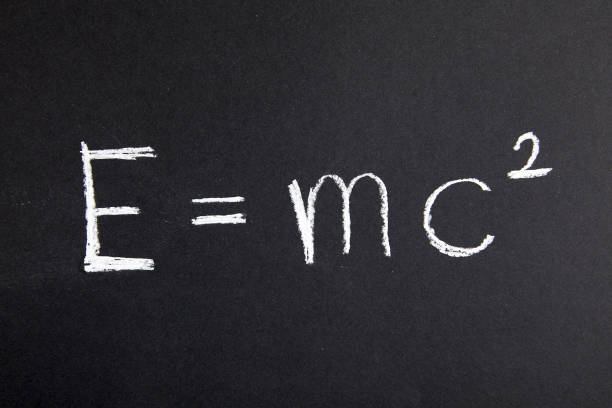I’m an irredeemable physics nerd. I can’t say I’m proud of the deep spirituality I derive from quantum physics, string theory, the multiverse, and other literal and figurative mind-bending rabbit holes. Belief in higher dimensional reality isn’t exactly a chick magnet.
One of the bedrock throughlines in the history of physics is the power of simplicity and elegance. When physicists boil complicated concepts into a simple equation, that’s often evidence that they’ve discovered something fundamental about the nature of reality. As Einstein once wrote, “I want to know God’s thoughts. The rest are details.”
That’s why E=MC 2 changed the world.
Most successful social movements share this same basic principle. Movements like civil rights, women’s rights, marriage equality, and (unfortunately) gun rights have all embraced simple values-based constitutional North Stars that have guided their organizing and policymaking across election cycles and even generations.
Over the past few decades, education advocates have tried to build a movement around technocratic change and school models. The results speak for themselves.
Education Civil Rights Now launched during the pandemic in the wake of LAUSD’s legal argument that because students do not have a constitutional right to quality public education, the LAUSD has no legal obligation to provide one, and parents have no legal standing to demand they reopen schools, or demand anything else for their children.
ECRN supports advocates in states across the country working to establish high quality public schools as an actionable civil right for all children. For instance, advocates in California are organizing to add the following sentence to California’s education code and Constitution:
The state and its school districts shall provide all public school students with high quality public schools, defined as schools that equip students with the tools to participate fully in our economy, our society, and our democracy.
That sentence threads a fine constitutional and political needle. It polls with super majority support across race, income, ideology, and political party because it is a statement of universal values. But it’s also been crafted by some of the leading constitutional scholars in the nation to function as a meaningful and actionable civil right for all children.
ECRN is also partnering with The Cornerstone Project, whose mission is to reorient the incentive structures of public education to serve children – with governance reforms like education civil rights and students having voting rights on school boards; and electoral reforms for education races like rank choice voting, public financing, aligning education races with national election cycles to boost turnout, and lowering the voting age for local elections so that older high school students can have a democratic voice in their own education.
I believe the theory of change undergirding education civil rights and Cornerstone should be a North Star for American public education because the public education system serves a constituency that is constitutionally excluded from power. Until we acknowledge and solve for that fundamental problem, we will continue going to Vegas trying to win against the house as we advocate for the interests of students, especially children of color and children from low income families.
I’m also humble about the fact that education civil rights and Cornerstone almost certainly are not the full solution to this systemic problem. But at least they’re simple and enduring answers to the question: what do we stand for?
We need dozens of education physicists (and funding to support them) working to solve for the fact that educators and advocates serve a uniquely powerless constituency. Without altering the underlying physics of public education, I fear the next two decades are likely to resemble the previous two when it comes to student outcomes. We are already off to a troubling start in the wake of Covid-related school closures erasing two decades of learning gains.
If you’d like to join the movement to translate “high quality public schools” from a soundbite into a civil right, you can learn more here. You can learn more about Cornerstone here.
If that’s not your thing, great! What’s your better North Star? Not your policy idea, school model, or grant metrics. What’s your universal principle that will guide future generations of educators, parents, and policymakers?
Education civil rights and Cornerstone may or may not be the answer. But for progressive education advocates to ever align our lofty rhetoric with reality in the classroom for all students, we urgently need our own E=MC 2 .
Op Ed Written by Ben Austin
